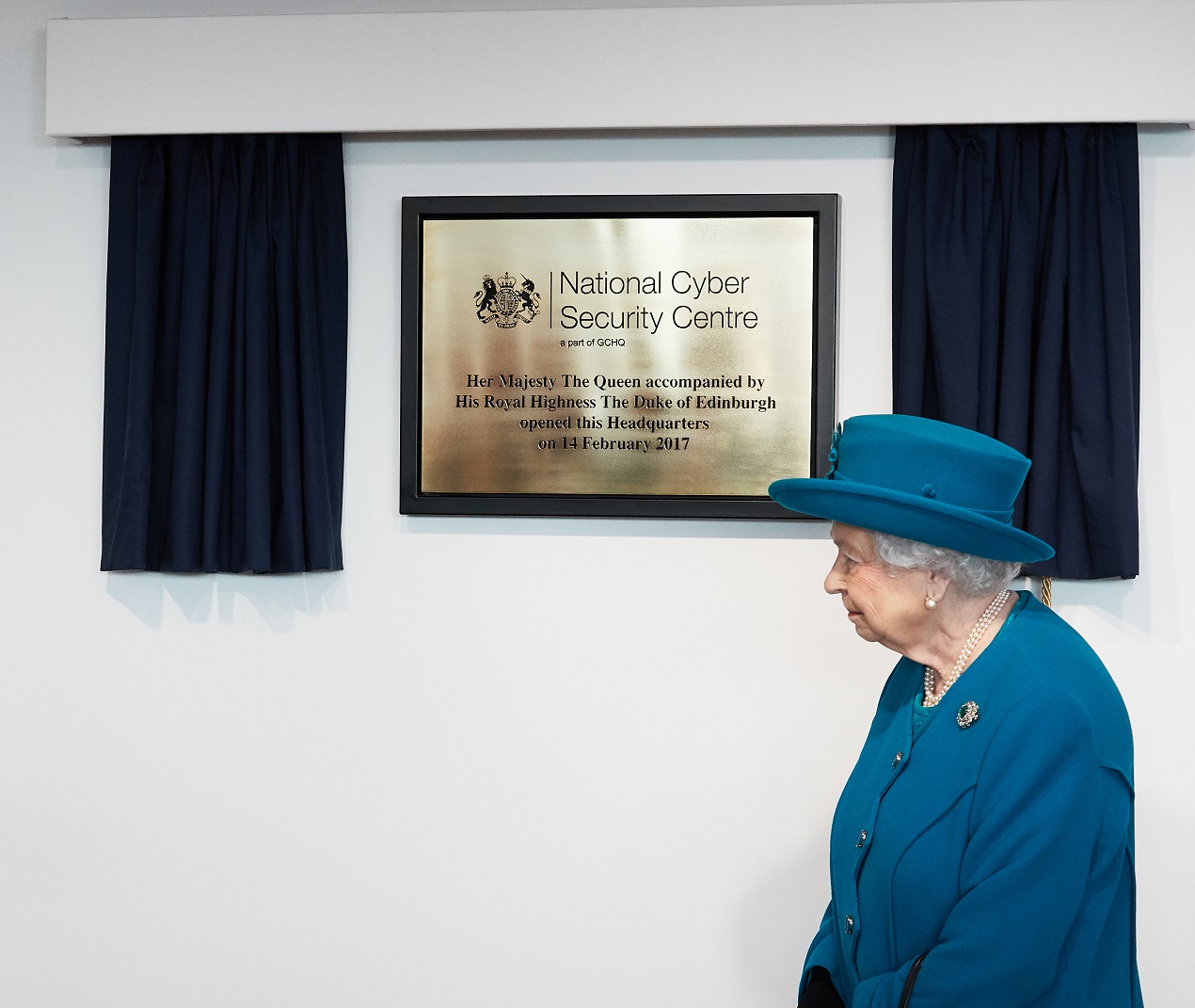Publications
Cyber, Intelligence, and Security, Volume 1, No. 3, December 2017

The cyber threat ranks high among the risks to a country’s interests and national security. In recent years, this threat has already materialized in cyberattacks on political institutions, political parties, organizations, financial institutions, and critical national infrastructure around the world. In the future, additional risks are expected, particularly to the civilian sector, originating in the Internet of Things. These risks are the result of the growing number of connected devices, most of which are neither secured by the manufacturers nor by the users, and the rise in the number of Denial-of-Service (DoS) attacks on public and private systems that are accompanied by extortion and ransom demands.
This article focuses on cybersecurity efforts in Britain. The inherent gaps between characteristics of the flexible and dynamic British private sector and the needs of the bureaucratic and innately sluggish secret security system have hindered collaborative efforts between the cyber industry in Britain and the security system there, as well knowledge sharing between sectors as is needed today. In response to this situation, the government has undertaken strategic processes in recent years to support subjects relating to technology and innovation, with an emphasis on knowledge-intensive industry and cybersecurity. The objective of these processes has been to contend with the changing dynamics of the cyber threats, while attempting to build a bridge between the British intelligence agencies and the private market, in relation to issues of defense, research, and development.


